Noticed that your cat smells like onions? It’s specific but that’s the only way to describe it, isn’t it? An odor that just doesn’t smell right and how you would expect your cat to smell. But, why is this the case and what can you do about it? Let’s find out!
So, why does my cat smell like onions?
The onion smell is likely coming from your cat’s scent glands, which are small slits located in various parts of the body. These glands release a strong-smelling waxy substance, either to mark territory or release pheromones to attract a mate. In some contexts, your cat may require support cleaning its scent glands.
This is a common question among relatively new cat owners. You’re really not alone here.
It’s particularly common in those that have owned a cat around the 5/6 months of age mark, as we shall soon see why.
But the fact that you have identified the ‘onion smell’ specifically, suggests it’s likely scent gland related and there is no immediate cause for concern.
This may not always be the case, might I add.
So you absolutely need to be mindful of other causes of odor.
Which we will now explore…
Why Does My Cat Have An Odor?
Cats can develop an odor for both normal and undesirable reasons. It could be natural scent gland musk release, a by-product of their diet, insufficient care and habitat cleaning, or the result of a health condition like bad breath (halitosis) from an abscess or infection.
In reality, all cats will smell to some extent.
Even the most healthy ones.
Thus, it should be expected to some extent; some smell does not necessarily indicate that something is wrong.
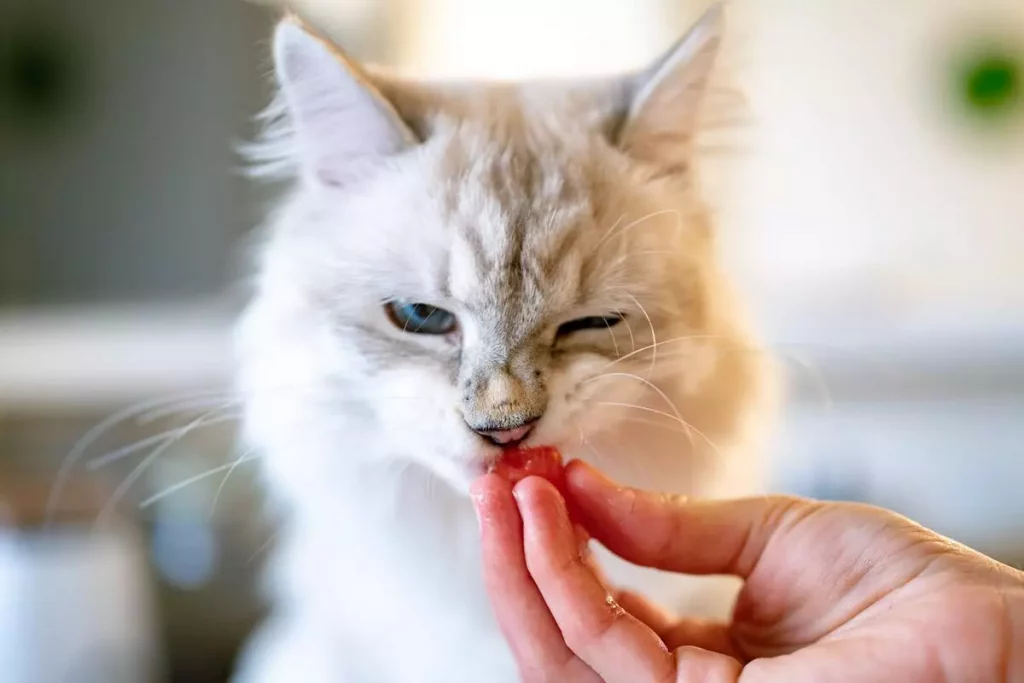
However, it is when the smell becomes particularly pungent that you may need to investigate a little further and may need to intervene.
Especially if it comes about suddenly or you observe other signs or symptoms.
Let us now look at each of the reasons.
Scent Gland Odors
Are the most common and likely reason for a cat that ‘smells like onions’.
Cats release odors instinctively to interact with their environment and other cats.
And it’s entirely purposeful; being an evolutionary-driven behavior that has enabled cats to overcome their vulnerability as prey animals, successfully breed and feed off the land.
And they do so via scent glands positioned across their bodies, including both underneath their chins, and around their anus.
Now a cats scent glands are primarily responsible for two things: marking territory and attracting a mate.
Marking Territory
Primarily via the chin glands, scent-marking is very common in cats.
They are known to mark both other cats and even inanimate objects too.
That’s because cats are very territorial, and want to mark their territory by depositing a clear reference and mark on their environment.
Again back to evolution; it has served them a purpose.
It has divided places up and ensured that there is enough food to go around – for them and their closest associates.
Attracting A Mate
When cats reach sexual maturity – around the 5/6 months of age range, they will start to release odors from a pair of pocket-like glands (inguinal and harderian glands) situated around the eyes.
The odor released here (by both sexes) is known to contain prehormones and serve as sexual attractants to the opposite sex.
The amount a cat will mark is largely dependent on the level of sexual activity and circumstances (if cats of the opposite sex are present, for instance).
Males are known to mark more than females, however.
At the same time, a neutered cat is likely to release an odor that is less intense.
Dietary Odors
Certain plants and vegetables, particularly cruciferous vegetables (broccoli, cabbage, kale, cauliflower) contain high amounts of sulfur and can be responsible for the foul-smelling gas.
Too many of these, or other vegetables, for that matter, can also result in an imbalance of healthy gut bacteria (dysbiosis) – resulting in wet, and stinkier poops.
So, it’s essential that a cats receives plenty of animal protein and that this makes up the majority of the diet.
Unclean Living Quarters
There is always the possibility that your cat’s living space, hutch, or general enclosure just needs a good clean!
In fact, cleaning a cat’s cage which may be used for travelling should be spot-cleaned daily, with a more thorough deep clean at least weekly.
Otherwise, your cat may start to smell from rotting food, poop they are subjected to and is able to collect in their fur, etc.
Health Condition Odors
Very pungent, or intense smells usually indicate a health condition or more serious issue.
For instance, bad breath usually implies that a cat is suffering from tooth decay or worse, an abscess/ infection of the mouth due to the buildup of bacteria.
Now, if your cat has this kind of odor, you should notice it right away.
It’s not musky – it’s much more pungent and is often paired with other signs, such as a cat in clear discomfort and pain.
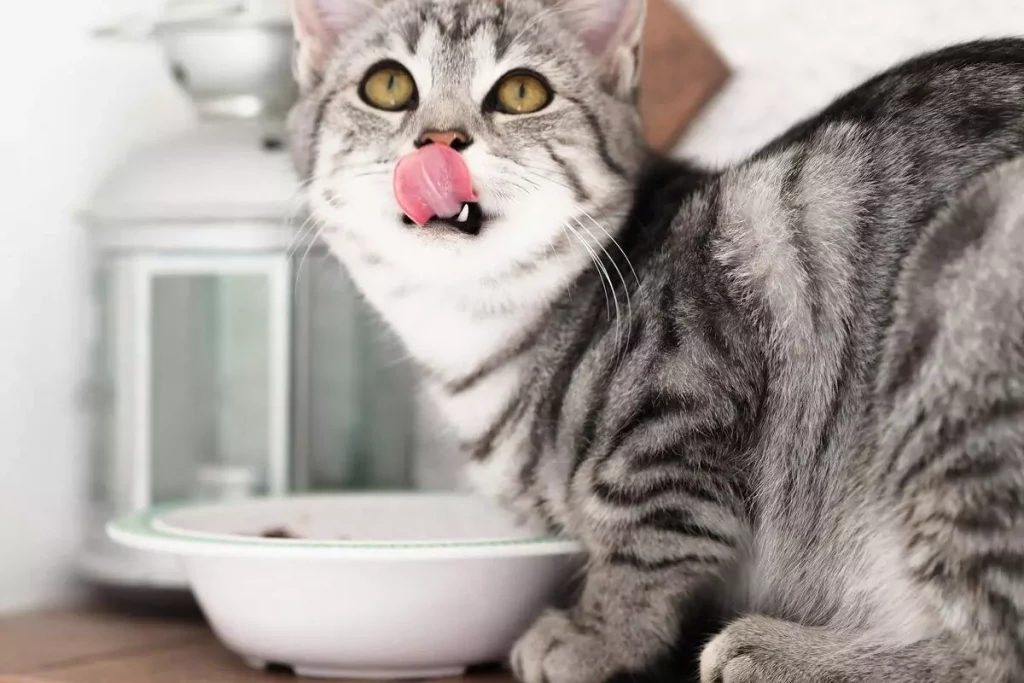
Do I Need To Clean My Cats Scent Glands?
In healthy cats, you should not need to clean their scent glands. That being said, overweight or older cats may require cleaning support. Nevertheless, you should routinely check your cat’s scent glands to ensure there is no significant build-up of waxy substance.
For the most part, cats do a good job of keeping their scent glands clean – they will instinctively groom themselves as and when they feel the need to.
However, in some contexts, cats are unable to groom themselves.
This is usually observed in overweight cats or those that have mobility issues (usually in older cats).
In those circumstances, more pungent odors/possible infections can develop as the wax builds up and is not removed.
And at this juncture, you (or a veterinarian) may need to carefully and gently support the cleaning process.
How you can do so safely, will now be discussed.
How To Safely Clean Your Cats Scent Glands
To clean your cat’s scent glands, you will need to carefully and gently wipe the wax away with a fresh and clean cotton swab/bud using only lukewarm water.
While this is not a particularly pleasant job, thankfully it can be done pretty quickly and should not hurt or harm your cat.
That being said, it can be a little tricky, especially at first and particularly if your cat struggles to keep calm.
Consider that the following approach is regarding the anal scent glands; for the most part, you should not need to clean your cat’s chin scent glands.
Nevertheless, here is the approach to cleaning:
- Gather your supplies; all you will need is a pair of gloves, cotton swabs/balls, a bowl of lukewarm water and a few paper towels/cloth.
- Find a calm, comforting and quiet place to undertake the cleaning. Somewhere like a bath is ideal here.
- Hold your cat firmly, yet gently still; you will need to put them on their back. Your cat may struggle and you may need to spend some time calming them down before re-attempting.
- Once you can keep them on their back, carefully and slowly pull the fur apart around their anus; looking for the collection of dark, brown ‘wax’.
- Dip one of the cotton buds/balls into the bowl of water, and proceed to slowly and gently wipe the wax away.
- Continue until the wax is removed, you may need several cotton buds/balls for this.
- Safely take your cat back to their cage/hutch/enclosure.
Should this prove too challenging, or you notice anything concerning while attempting to clean your cat’s scent glands, it is recommended to contact your vet.
They will be able to complete the cleaning and examine your cat for any other issues.
And before we finish up, just remember to only use fresh, clean cotton balls/buds and ensure the water is not too hot.
Wet wipes or any other products with chemicals should not be used!
Final Thoughts
The most likely reason your cat smells like onions is down to natural, scent-gland secretions.
For the most part, this is a normal, routine occurrence that happens when a male (or a female) cat reaches sexual maturity.
That being said, some cats will produce a lot more of this musky scent than others; it depends a lot on circumstances – how, when, and where you keep your cat(s), their health, breed, age, whether they have been neutered and how many cats you keep around.
And for most of you reading, there is nothing you need to do.
Other than check that there is no buildup of this waxy substance.
And you should probably do this pretty regularly; at least once per month.
If it does start to collect, you will need to carefully clean it away, or get a vet to do so on your behalf.
And if you notice the worsening of odor, or any other issue along the way, contacting a vet changes from a possibility to something you really need to do.
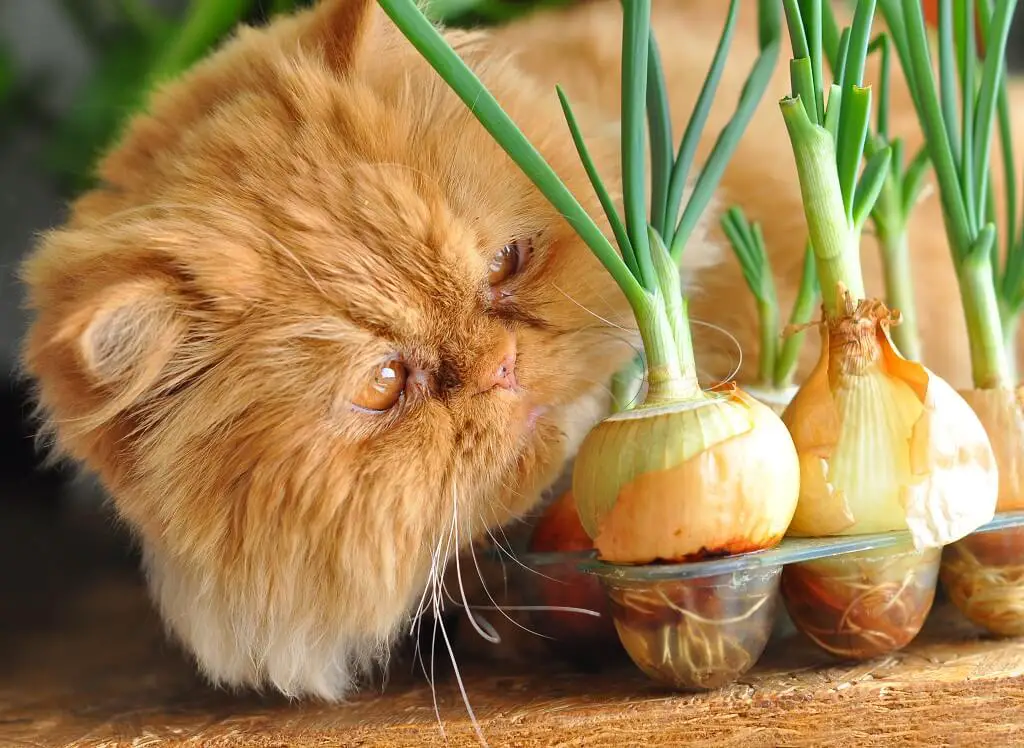
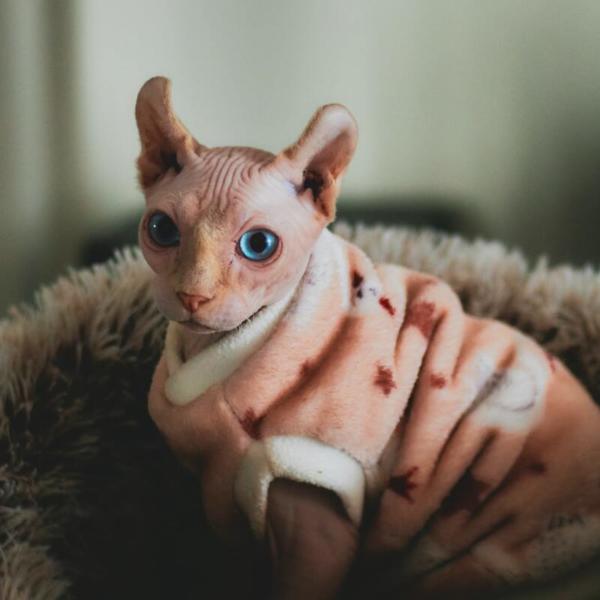
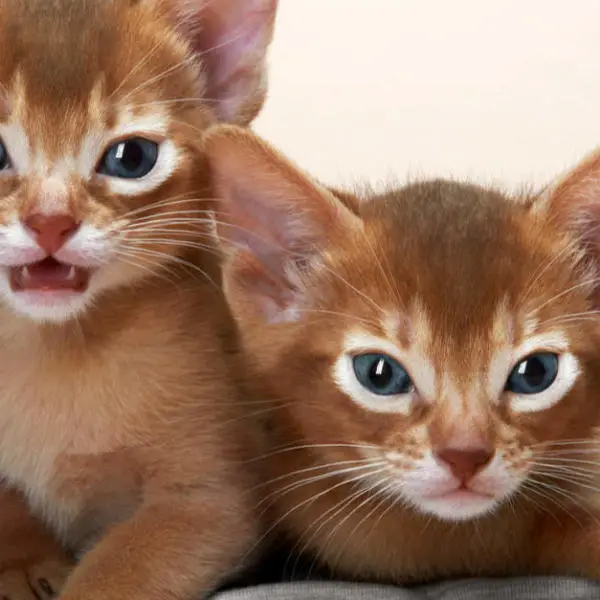
Leave a Comment